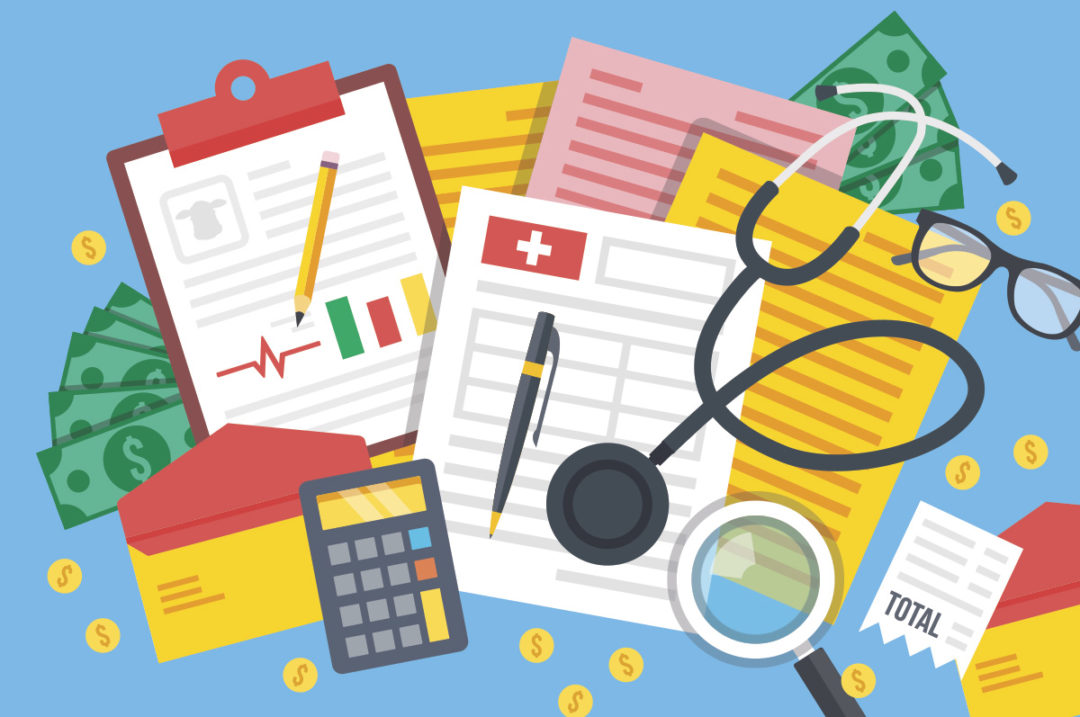Working on a farm comes with a fair share of risks, which is why one-third of the American farm population experiences injuries in a given year. With injuries come medical expenses, not to mention a significant number of farmers (64%) report having pre-existing conditions, which also lead to significant medical bills.
Beyond the risk, 52% of farmers aren’t confident they would be able to pay the cost of a major illness without going into debt. It’s a serious concern that has been pushed under the rug for years, but there are solutions that can help farmers avoid medical debt. From negotiation to financial assistance, there are options, but where do you begin?
Be proactive
Before a medical expense ever comes, there are a few ways to get ahead of it.
- Ensure the medical procedure or service you’re receiving is covered by your insurance.
- Ask the hospital and your insurance company for a cost estimate. While this can change, for example if a surgery becomes more complex, it can be a great start to understanding what expenses you may face.
- Speak with your physician about your options and don’t be afraid to get a second opinion if you’re unsure.
With that said, it can be extremely difficult to “shop around” for care. The system wasn’t built with patients in mind, so you might still find yourself with a bill you may not have been expecting. That’s where negotiation comes in.
Understand the most common concerns
Before tackling the bill, you should gather the hospital bill, an itemized hospital bill and the explanation of benefits from your insurer. These documents help you compare and spot discrepancies. Many medical bills actually contain errors, upcharges or incorrect information, which can lead to you paying more than you should. There are three main contributing factors that lead to high out-of-pocket costs, including:
- Price gouging. Hospitals and insurance companies may charge you significantly more for a service than what it actually costs. Behind closed doors, insurance companies and healthcare providers negotiate lower costs for services but then upcharge patients. If you discover this mistake, you can call the hospital and negotiate lower costs.
- Insurance denial. Nearly 20% of insurance claims are denied, making this an all-too-common issue. If you receive an insurance denial, you first want to ensure that your medical procedure is covered by your insurance policy. Then check your EOB, which should explain why you received an insurance denial. If there are still discrepancies, contact the insurance company.
- Billing errors. You might face charges for services you didn’t receive. To identify this problem, read through your bill or request an electronic medical record (EMR) from the hospital. If you find any errors, call the hospital.
Consider financial assistance
There are a number of financial aid and nonprofit options should you find yourself with a bill you can’t pay. Even if you’re unsure about your eligibility, you should always apply for financial aid from the hospital where you received care. Many hospitals offer assistance for those with incomes three to four times the federal poverty line. Additionally, there are options like medication assistance programs from pharmaceutical companies and organizations that can offer support for specific medical conditions.
You don’t have to do it alone
Navigating medical bills can be a daunting task, especially for farmers who face the inherent dangers of their profession. Fortunately, there are advocates who can simplify the process and negotiate bills on your behalf. Working with an advocate not only saves you time but also provides peace of mind knowing that your medical bill is being handled.
By better understanding the medical billing system, implementing these tips and seeking support from advocates, you can alleviate the burden of medical debt and continue making valuable contributions to your community.











